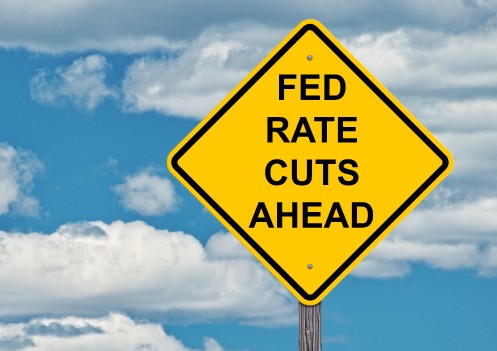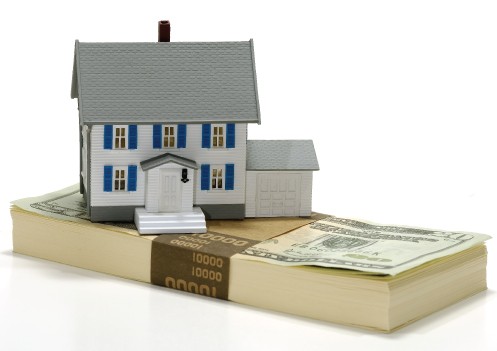Credit & Debt, Podcast, Retirement, Roth Accounts · December 10, 2025
Podcast Episode – How Not To Pay Taxes On An Inherited Retirement Account
On this edition of Ask KT & Suze Anything, Suze answers your questions about borrowing against an insurance policy, medicare, is an expensive car really worth it and so much more!









